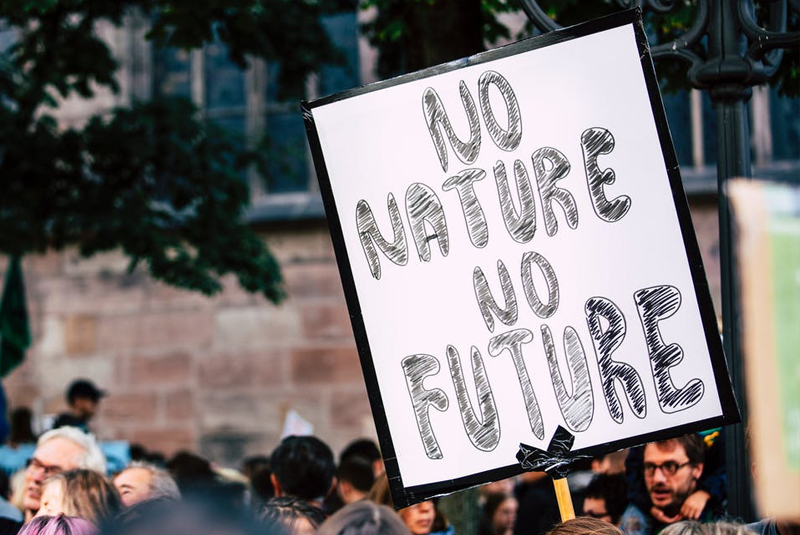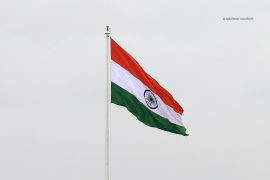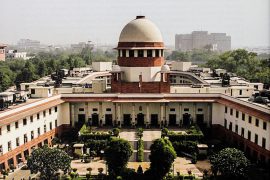The last few years have witnessed the death of a number of important myths about the situation humankind is in with regards to climate change. Firstly, the scientific consensus about the reality of human-induced climate change and the urgency of our predicament has deepened to such an extent that climate scientists are beginning to feel morally obligated to do more than merely contribute to climate science. This has seen some climate scientists join protests and civil disobedience campaigns in an effort to have more political impact than a scientific paper can wield.
At the same time, the optimism vested in international treaties such as the Kyoto Protocol and Paris Agreement has drained away to a large extent due to the realisation that countries are falling significantly short of their commitments to emissions reductions. To be sure, there has always been the awareness that international agreements are just the starting point for tackling climate change on the global level. But the hope was that it would set off a virtuous cycle of countries trying to outdo each other to meet emissions targets. Such a virtuous cycle has not emerged and the absence of enforcement mechanisms accompanying these treaties as well as political capture by industry have been floated as two possible explanations for this.
Whatever the case may be, efforts to combat climate change and emissions growth on the global and national levels are foundering, and we have a gaping chasm below the national level filled with piecemeal attempts by some cities to accelerate their attempts to reduce emissions despite insufficient national action, as well as the valiant efforts by committed individuals to waste less, travel less, recycle more, and so on. But it is this level of the sub-national, civil society, or bottom-up collective action, that seems to me to hold the greatest potential for emissions reductions gains in our era of national and international climate paralysis.
-30-
Copyright©Madras Courier, All Rights Reserved. You may share using our article tools. Please don't cut articles from madrascourier.com and redistribute by email, post to the web, mobile phone or social media.Please send in your feed back and comments to [email protected]











